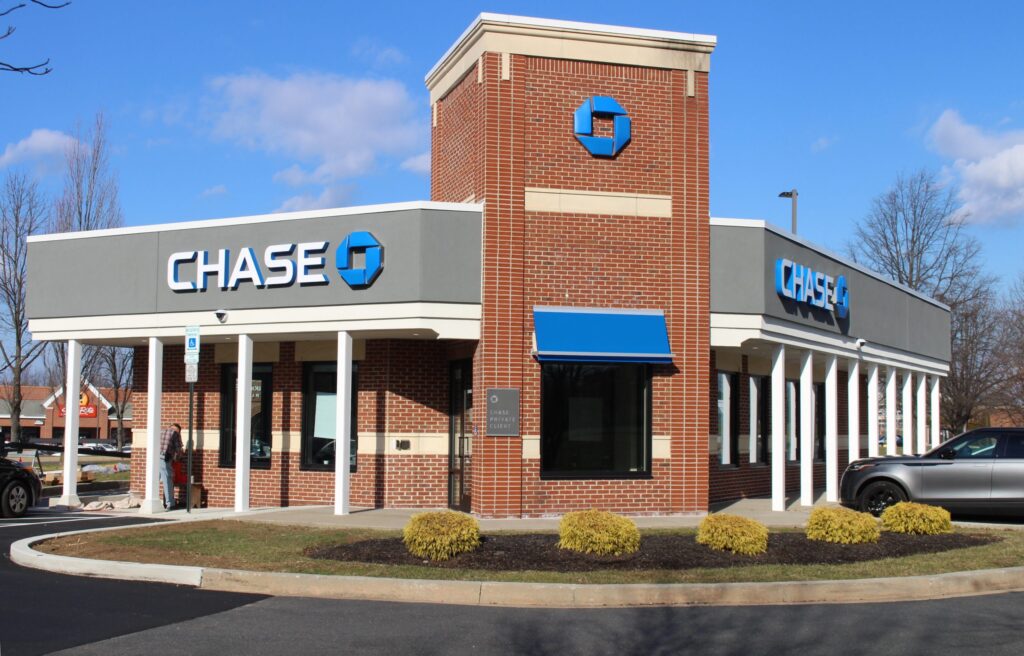
Claim Form Deadline: Ongoing
Estimated Payout: Varies
A proposed class action lawsuit has been filed by a group of JPMorgan Chase customers against the bank, seeking at least $5 million in damages. The lawsuit alleges that the bank imposed unfair charges on customers when checks they deposited bounced, even when the issue was not the fault of the customers. Despite this, Chase deducted these fees from their accounts. The plaintiffs have described these charges as “junk fees” for returned checks, labeling them as “unconscionable” and “predatory.” Other banks, including TD Bank and Bank of America, have also faced scrutiny for similar bounced check fees.
The class action lawsuit highlights concerns over arbitrary fees for bounced checks, an issue previously warned about by the U.S. Consumer Financial Protection Bureau in an October 2022 bulletin. According to the allegations, Chase penalized customers for checks they had no part in issuing. The bank eliminated these fees in December 2022.
This case underscores a wider concern regarding undisclosed and unexpected charges across various sectors, particularly in banking. The Biden administration has called for stricter regulations to address such fees, which are estimated to cost American consumers billions annually.
The case is formally titled Maslowski et al v. JPMorgan Chase Bank NA and has been filed in the U.S. District Court for the Southern District of New York. Previously, Chase was involved in a similar $67 million class action lawsuit concerning predatory ATM fees. This settlement was paid out in 2023 and included three of the leading consumer banks in the United States: JPMorgan Chase, Wells Fargo, and Bank of America.
Please be aware that your claim form will be rejected if it contains fraudulent information. By submitting your information and your sworn statement of its accuracy, you are agreeing to do so under penalty of perjury. Submitting false information not only jeopardizes your claim but also affects others who are genuinely eligible for the settlement. If you are uncertain about your eligibility for this class action settlement, please visit the class action administrator’s website for more information. Note that NoProofClassActions.org participates in the Amazon affiliate advertising program, and this post may include affiliate links, which could result in us earning a commission if you make a purchase through those links.
